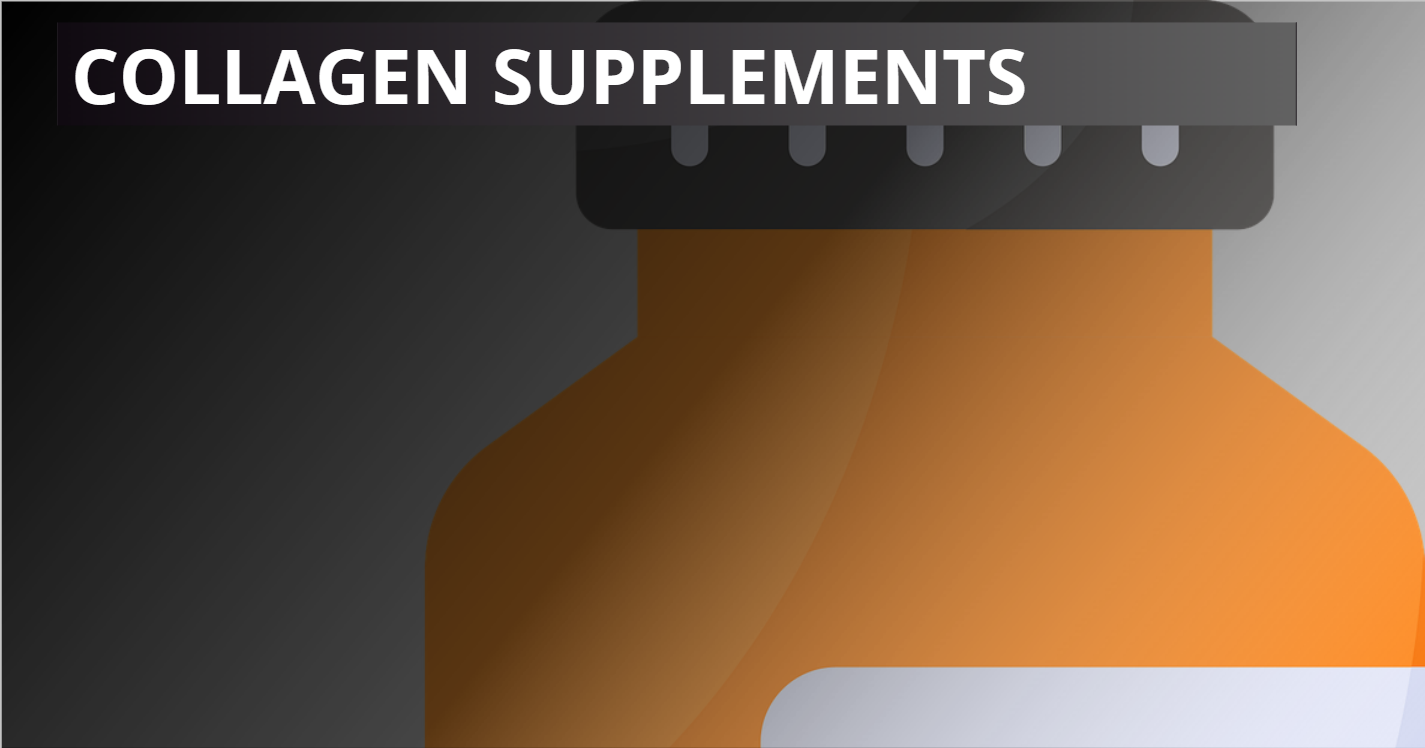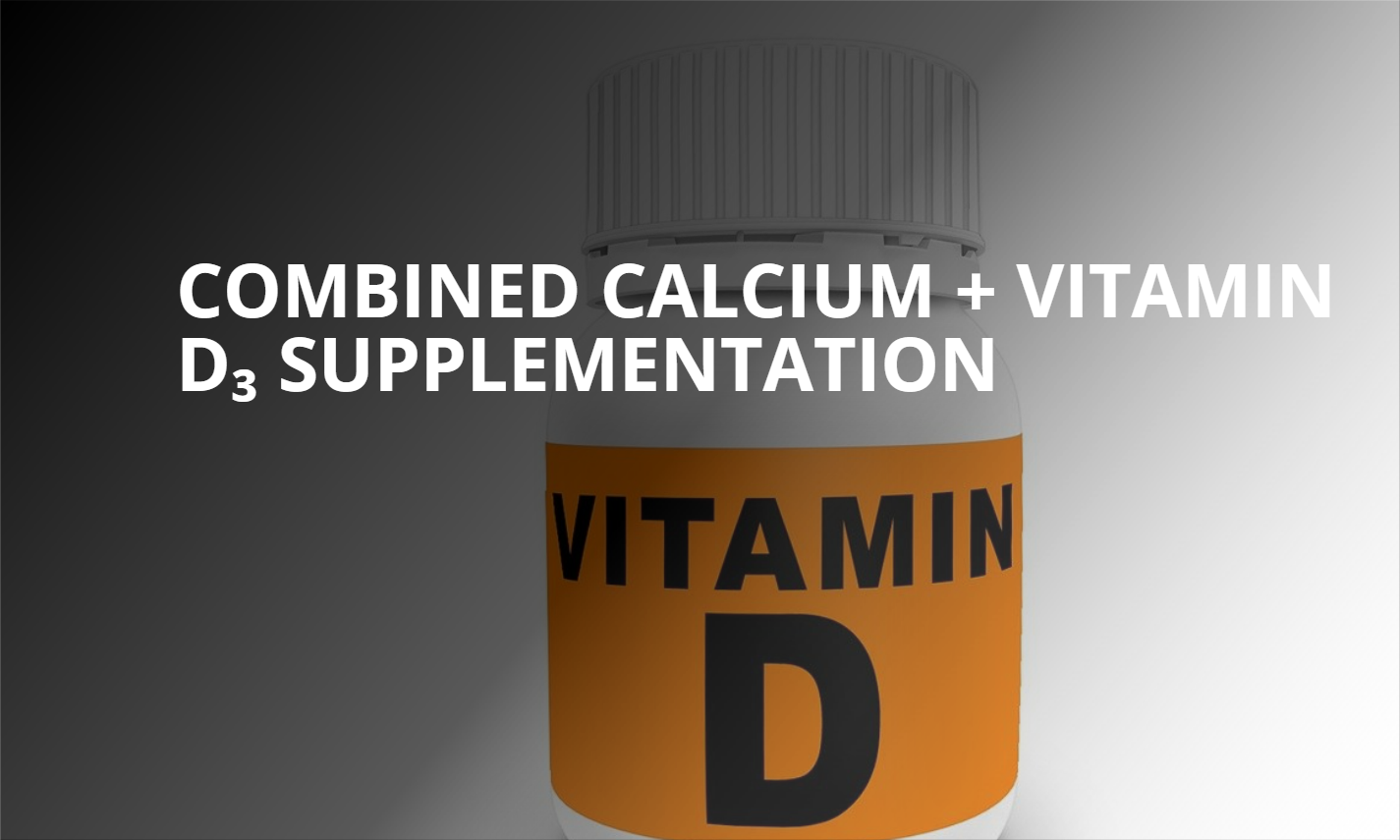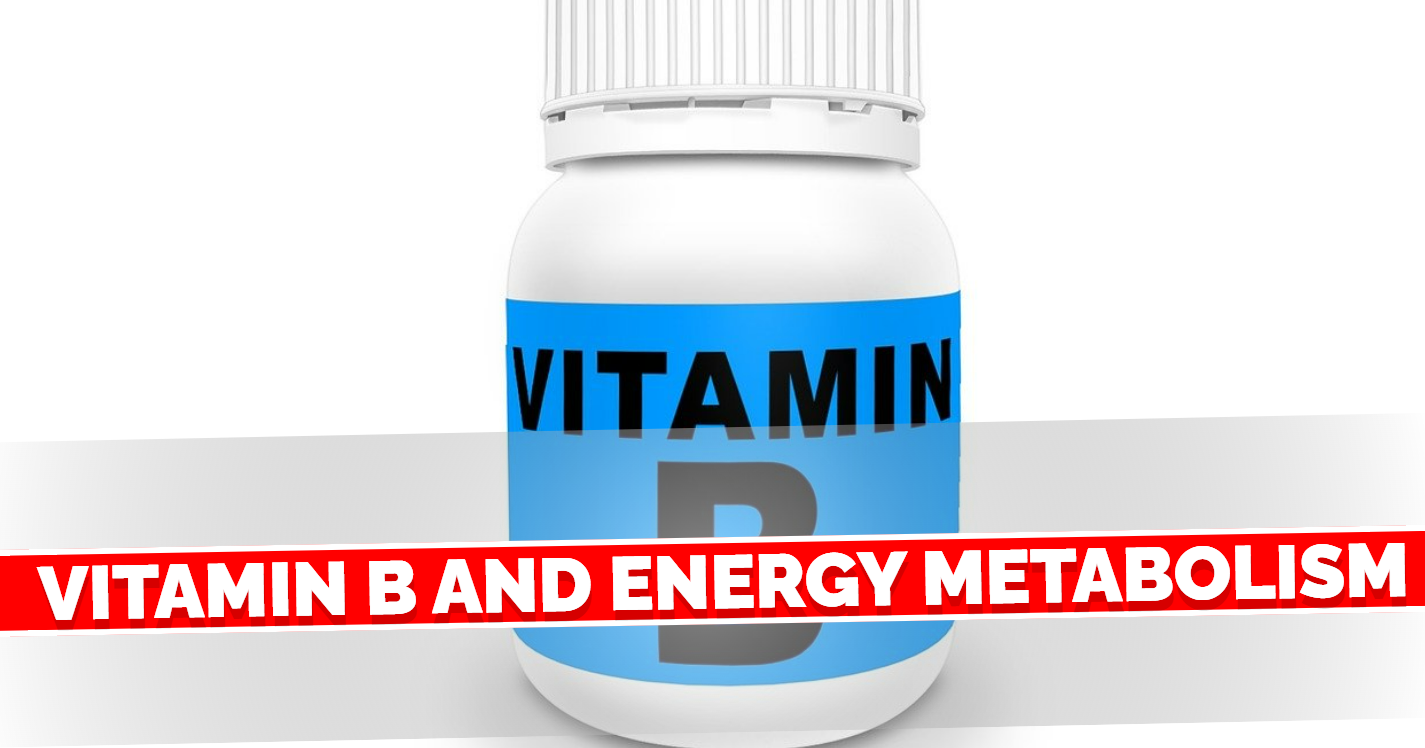In recent years, collagen supplements have surged in popularity, appearing in everything from powders and pills to protein bars and beauty drinks. Marketed for their anti-aging, skin-rejuvenating, and joint-healing benefits, collagen has become a buzzword in the health and wellness world. But what exactly is collagen, and do supplements truly deliver on their promises? This article explores the science behind collagen supplements, their benefits, different types, potential side effects, and how to choose the right product.
What Is Collagen?
Collagen is the most abundant protein in the human body, making up about 30% of its total protein content. It’s a structural protein found in the skin, bones, muscles, tendons, and ligaments. Collagen acts like the glue that holds the body together, providing strength and elasticity to connective tissues.
As we age, natural collagen production declines—starting as early as our mid-20s—leading to wrinkles, sagging skin, joint stiffness, and weaker bones. Environmental factors like UV radiation, smoking, and poor diet can accelerate this decline. That’s where collagen supplements come in.
Types of Collagen
There are at least 28 types of collagen, but five are most relevant to human health:
-
Type I: The most abundant, found in skin, bones, tendons, and ligaments.
-
Type II: Found in cartilage; crucial for joint health.
-
Type III: Found in skin, muscles, and blood vessels.
-
Type IV: Found in the basement membrane (skin layers).
-
Type V: Found in the cornea, hair, and placenta.
Most collagen supplements on the market focus on Type I, II, and III.
Sources of Collagen Supplements
Collagen supplements typically come in hydrolyzed (or “collagen peptides”) form, meaning they’re broken down into smaller amino acids for easier absorption. Common sources include:
-
Bovine collagen: From cow hides; rich in Type I and III.
-
Marine collagen: From fish skin and scales; mostly Type I.
-
Chicken collagen: Rich in Type II; ideal for joint support.
-
Porcine collagen: From pigs; similar to human collagen.
Plant-based collagen supplements don’t contain actual collagen, as collagen is only found in animals. Instead, they contain ingredients meant to stimulate collagen production (like vitamin C, silica, and amino acids).
Key Health Benefits of Collagen Supplements
1. Improved Skin Health
Several studies suggest collagen supplements can improve skin elasticity, hydration, and reduce wrinkles. A 2019 review published in the Journal of Drugs in Dermatology found that hydrolyzed collagen improved skin elasticity and hydration after 8 to 12 weeks of supplementation.
Collagen’s amino acids, especially glycine and proline, are key building blocks of the skin. It also may stimulate the body to produce more collagen and other skin proteins like elastin and fibrillin.
2. Joint Pain Relief
Type II collagen is essential for cartilage health. Clinical trials have shown that collagen supplements can reduce joint pain in athletes and people with osteoarthritis. One study in Current Medical Research and Opinion found that athletes who took collagen supplements for 24 weeks experienced less joint pain during activity.
3. Bone Health Support
Collagen contributes to bone strength and density. As we age, bones become more fragile partly due to reduced collagen. A 2018 study in Nutrients found that postmenopausal women who took collagen peptides for 12 months had improved bone mineral density in the spine and femur compared to a placebo group.
4. Muscle Mass and Strength
Since collagen is a major component of muscle tissue, supplements may help with muscle maintenance and growth. One study published in the British Journal of Nutrition found that men who took collagen supplements and engaged in resistance training gained more muscle mass and strength than those who took a placebo.
5. Hair and Nail Growth
Anecdotal evidence and small-scale studies suggest that collagen supplements may strengthen nails and stimulate hair growth. While more research is needed, many users report fewer broken nails and healthier hair after several weeks of supplementation.
How to Use Collagen Supplements
Collagen supplements are available in various forms: powders, capsules, gummies, and liquid. Powders are the most versatile and can be mixed with water, coffee, or smoothies.
Dosage: Most studies use a daily dose of 2.5 to 10 grams of hydrolyzed collagen. For joint or skin health, consistent use over 8–12 weeks appears necessary for visible results.
To enhance absorption and collagen production, supplements are often combined with:
-
Vitamin C (essential for collagen synthesis)
-
Hyaluronic acid (hydration and skin elasticity)
-
Zinc and copper (collagen co-factors)
Possible Side Effects
Collagen supplements are generally considered safe with few reported side effects. However, some people may experience:
-
Digestive upset (bloating, heartburn)
-
Allergic reactions, particularly to marine collagen
-
Unpleasant taste or aftertaste (especially in unflavored powders)
Always check the source if you have dietary restrictions or allergies.
Do Collagen Supplements Really Work?
While more large-scale, long-term studies are needed, current evidence suggests collagen supplements do offer tangible benefits, especially for skin and joint health. The body absorbs hydrolyzed collagen efficiently, and its amino acids may stimulate natural collagen production.
That said, collagen isn’t a magic bullet. Lifestyle factors like a balanced diet, sun protection, hydration, and avoiding smoking are crucial for maintaining healthy collagen levels.
Choosing the Right Collagen Supplement
When shopping for collagen, consider the following tips:
-
Check the source: Look for clean, sustainably sourced collagen—grass-fed bovine or wild-caught marine collagen.
-
Hydrolyzed collagen: Choose “collagen peptides” or “hydrolyzed collagen” for better absorption.
-
Additives: Avoid unnecessary fillers, sugars, or artificial flavors.
-
Third-party tested: Look for products that are tested for purity and safety.
-
Target your goals:
-
For skin and hair: Type I and III (bovine or marine)
-
For joints: Type II (chicken collagen)
-
For overall wellness: A multi-collagen blend
-
Final Thoughts
Collagen supplements have become a staple in the wellness and beauty industry, and for good reason. Backed by a growing body of scientific evidence, they may support skin health, reduce joint pain, improve bone strength, and promote muscle and nail health. While they’re not a cure-all, collagen supplements—when used consistently and combined with a healthy lifestyle—can play a valuable role in aging gracefully and maintaining overall vitality.
Before starting any new supplement, consult with a healthcare provider—especially if you’re pregnant, nursing, or have underlying medical conditions.















Leave a Reply